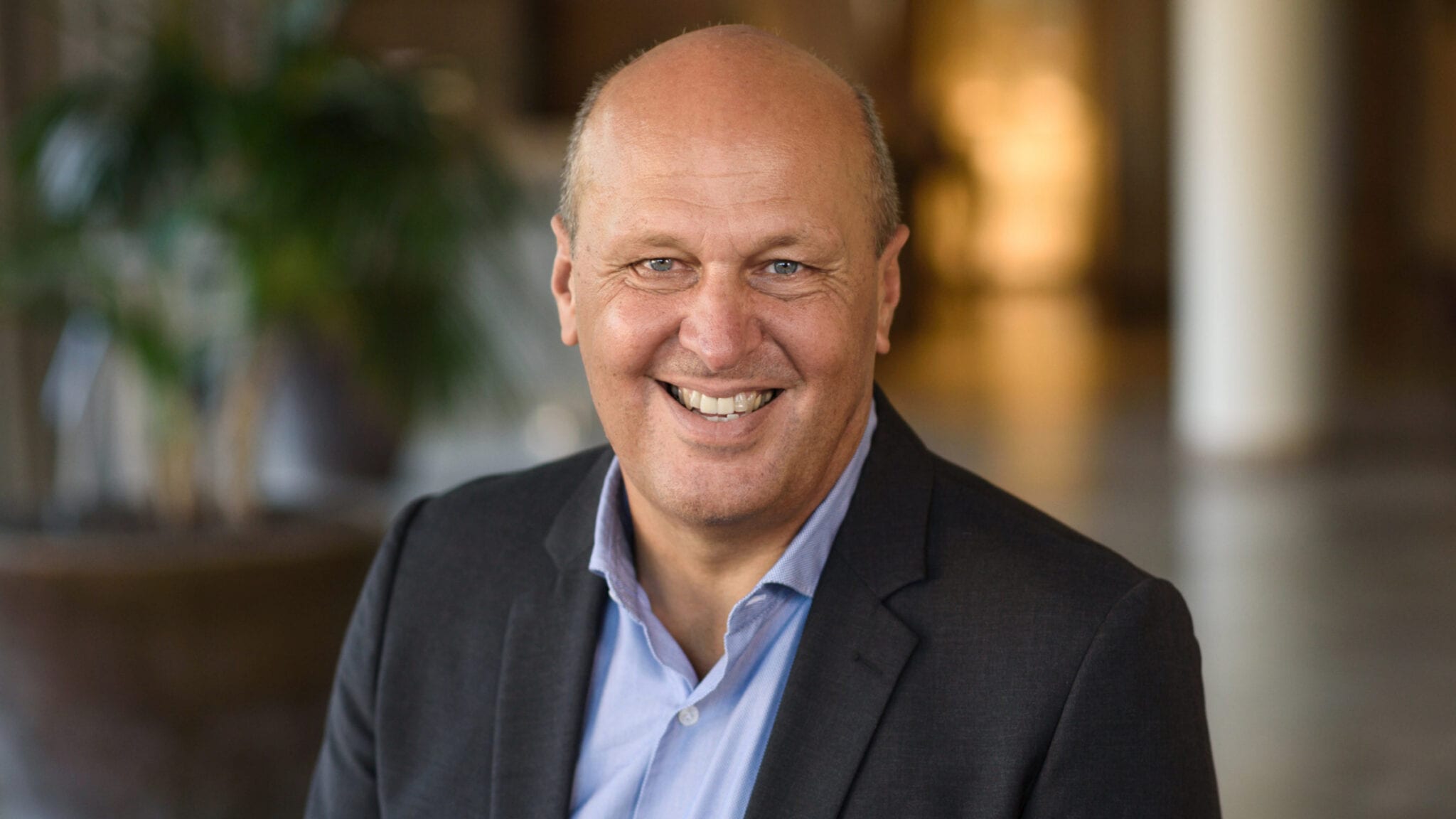
Affimed CEO Adi Hoess
Affimed spurs promising response numbers in NK cell study, but durability will be the big question
German biotech Affimed caught some attention earlier this year with a pair of complete responses in an early study of its NK cell regimen …
Sign up to read this article for free.
Get free access to a limited number of articles, plus choose newsletters to get straight to your inbox.